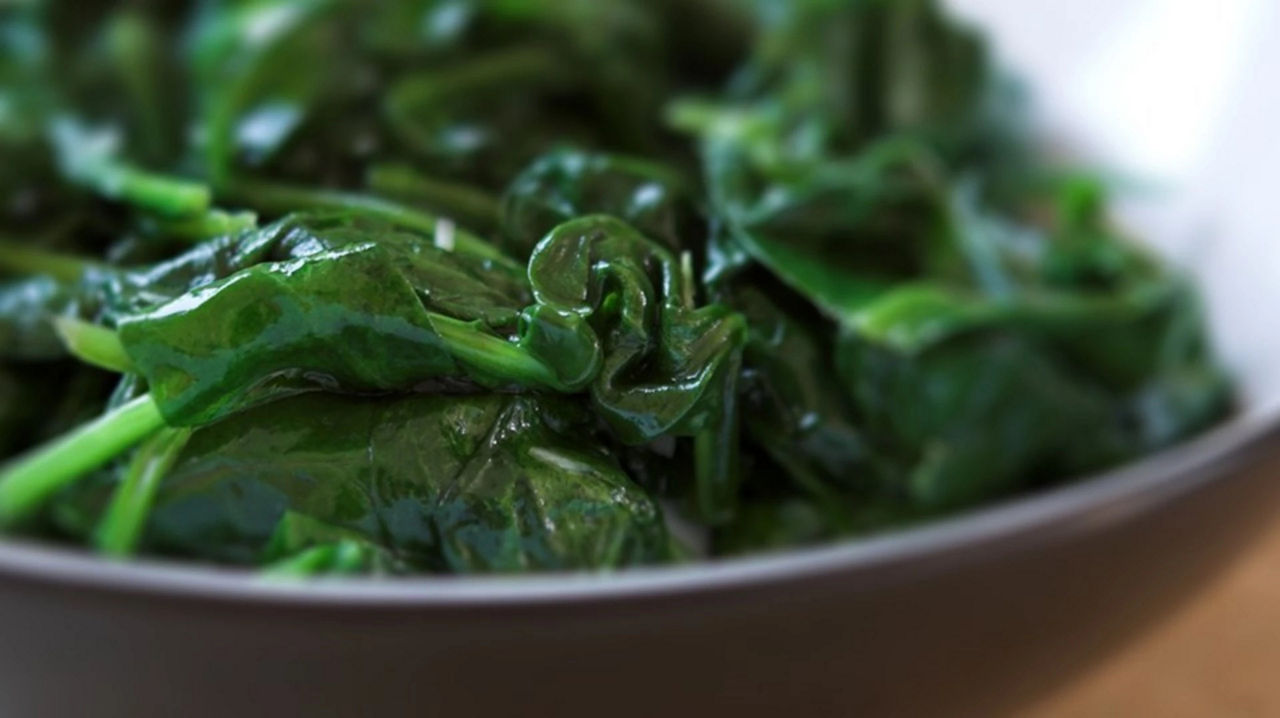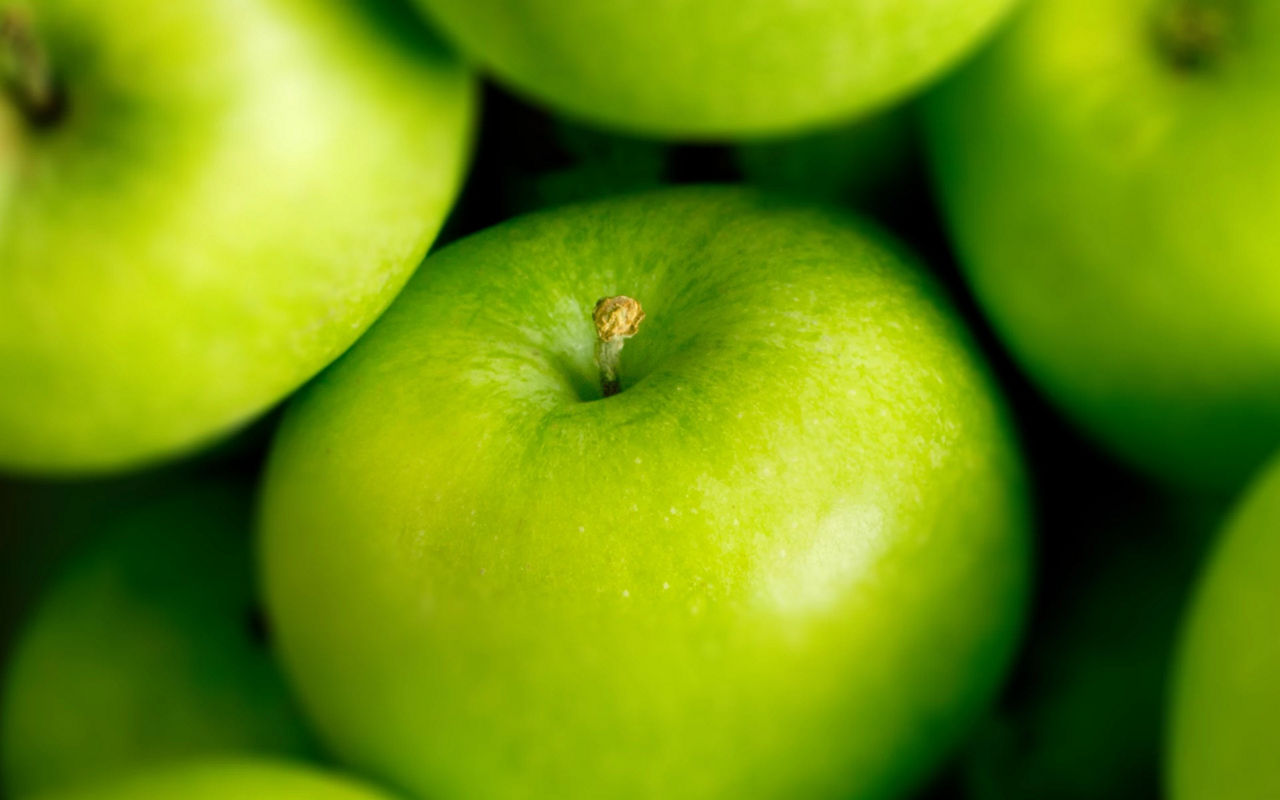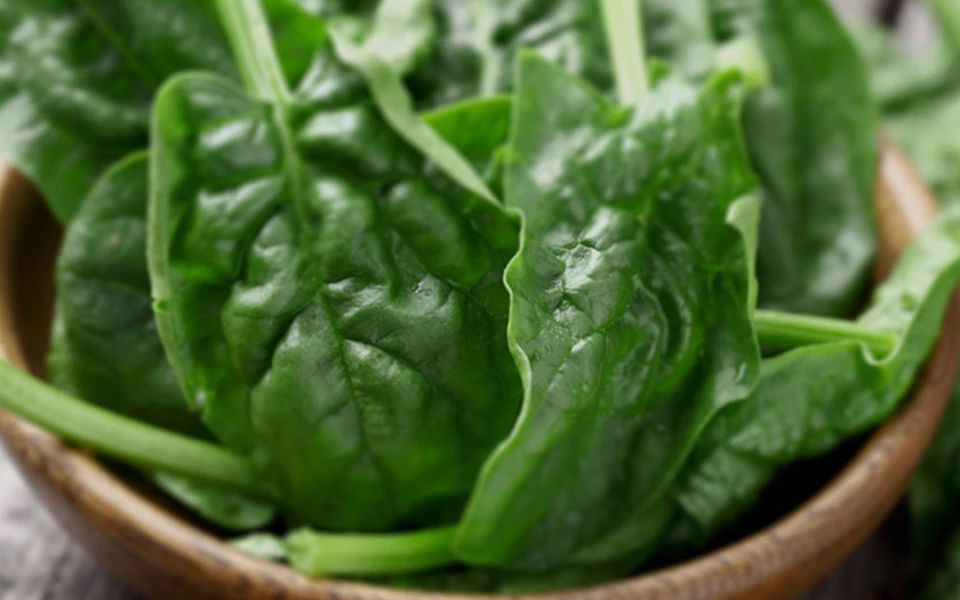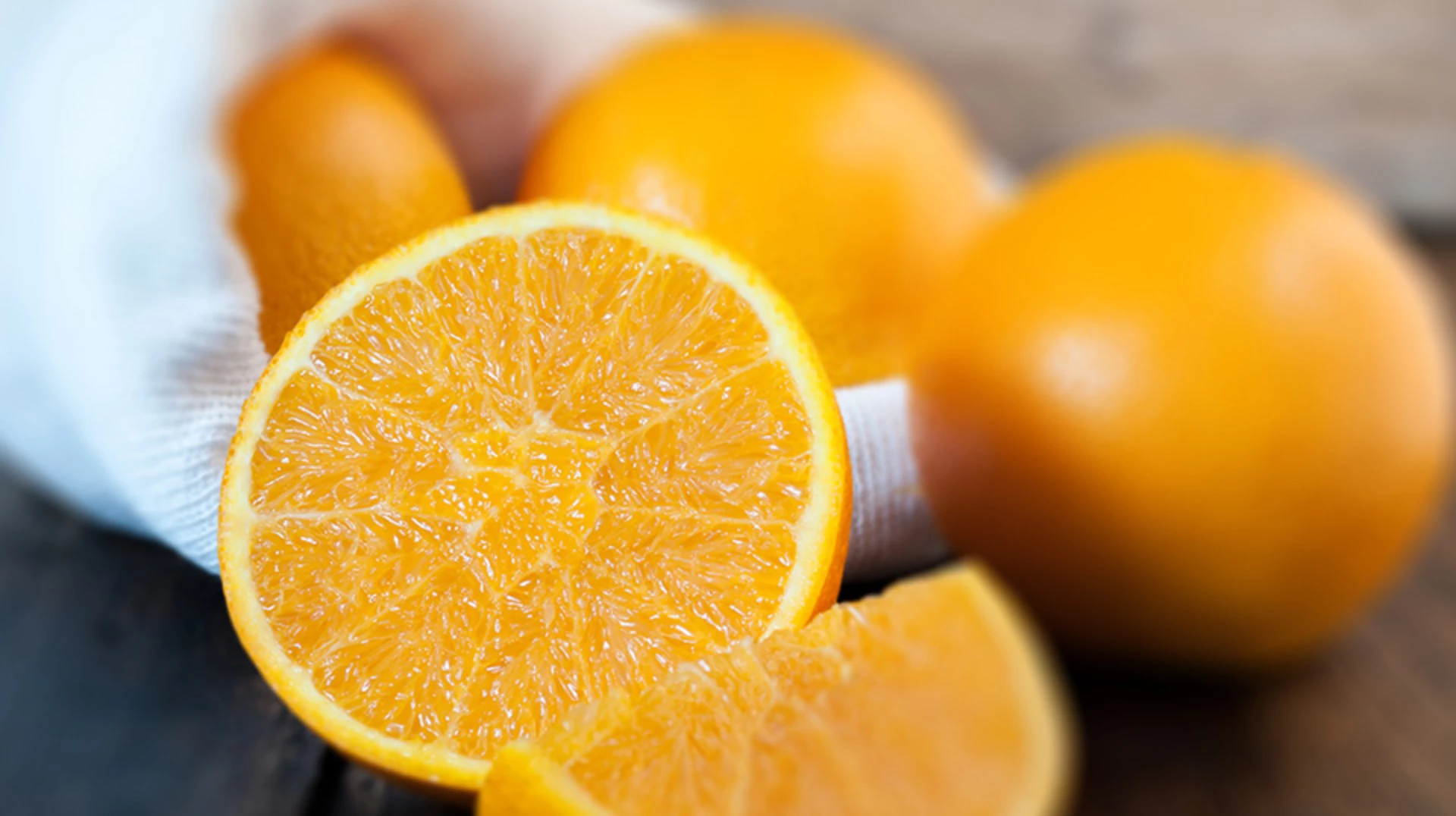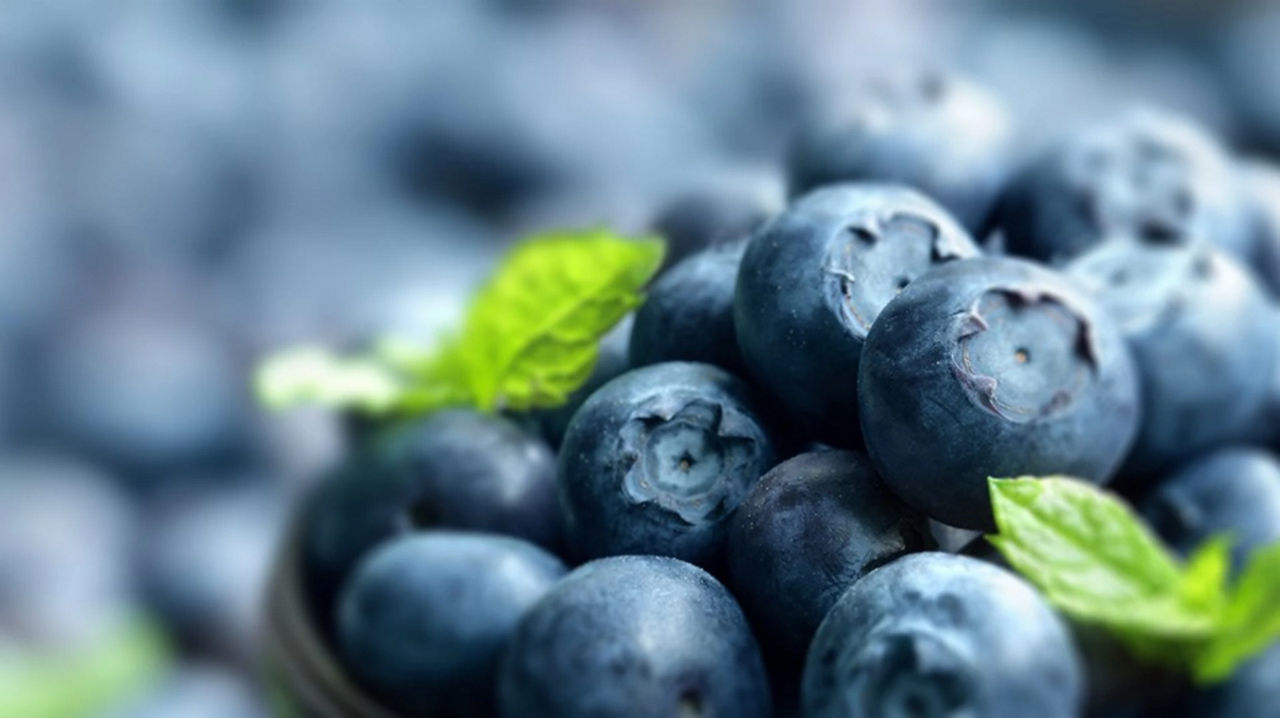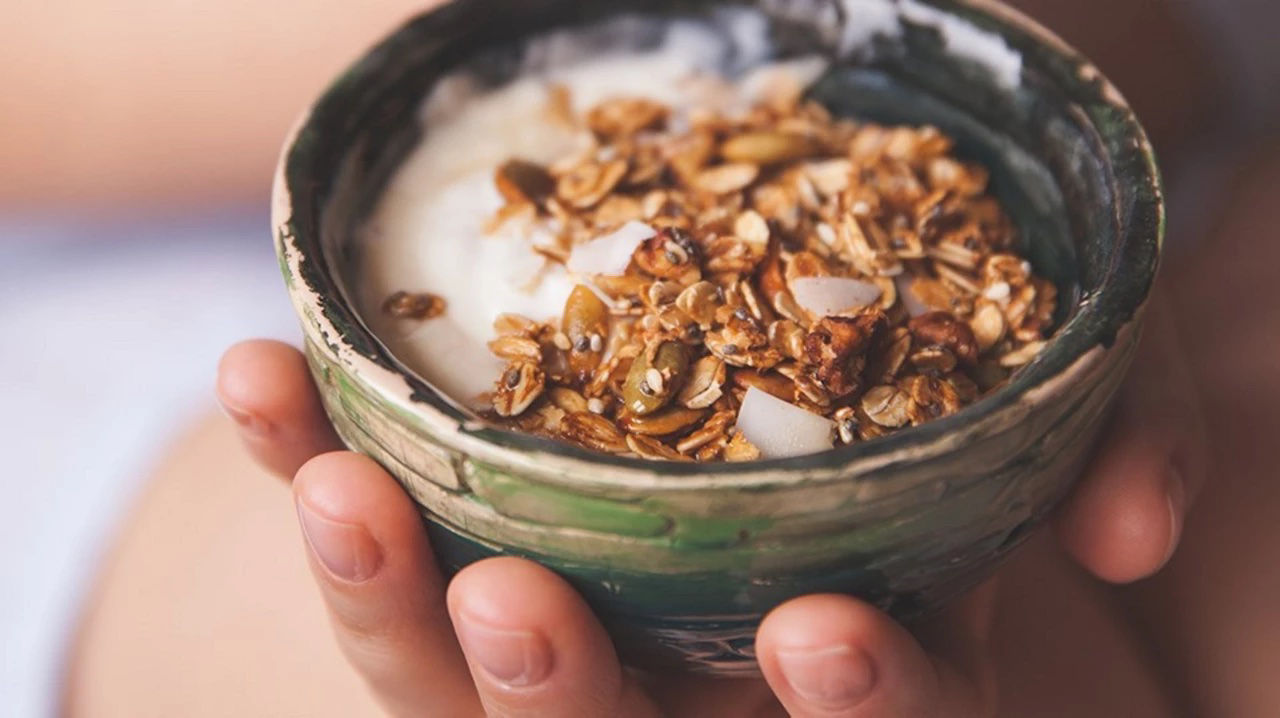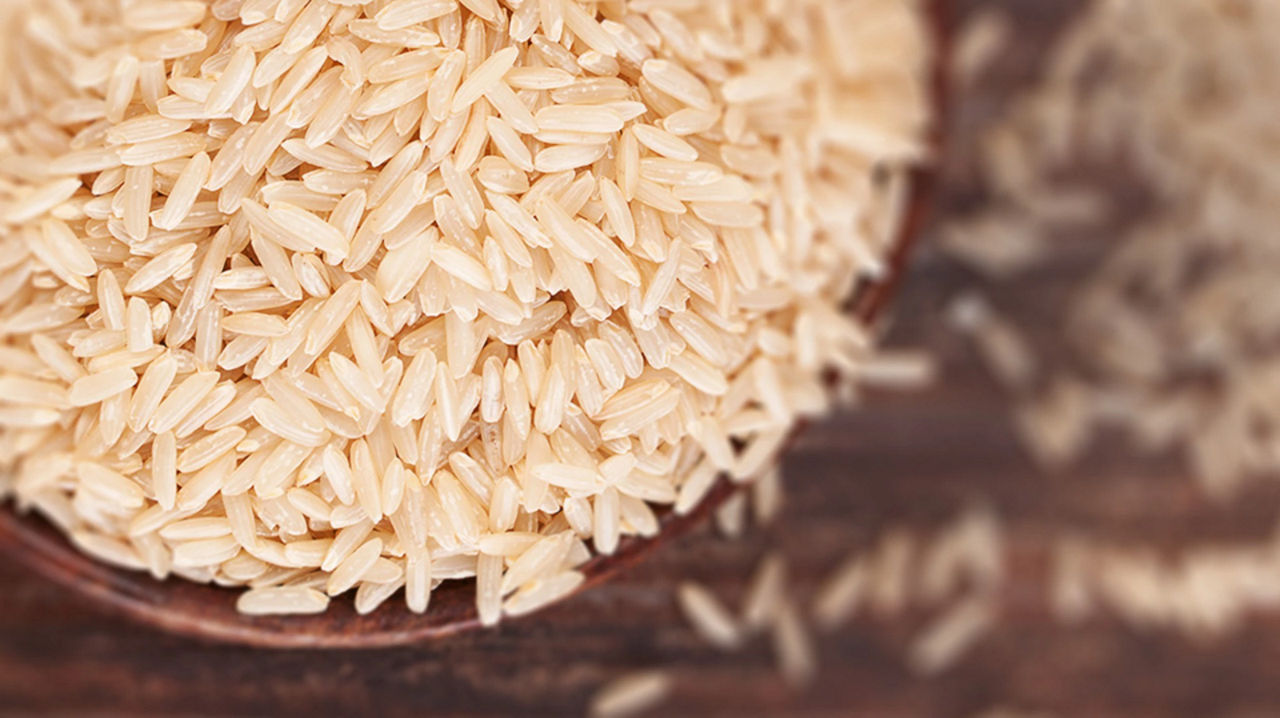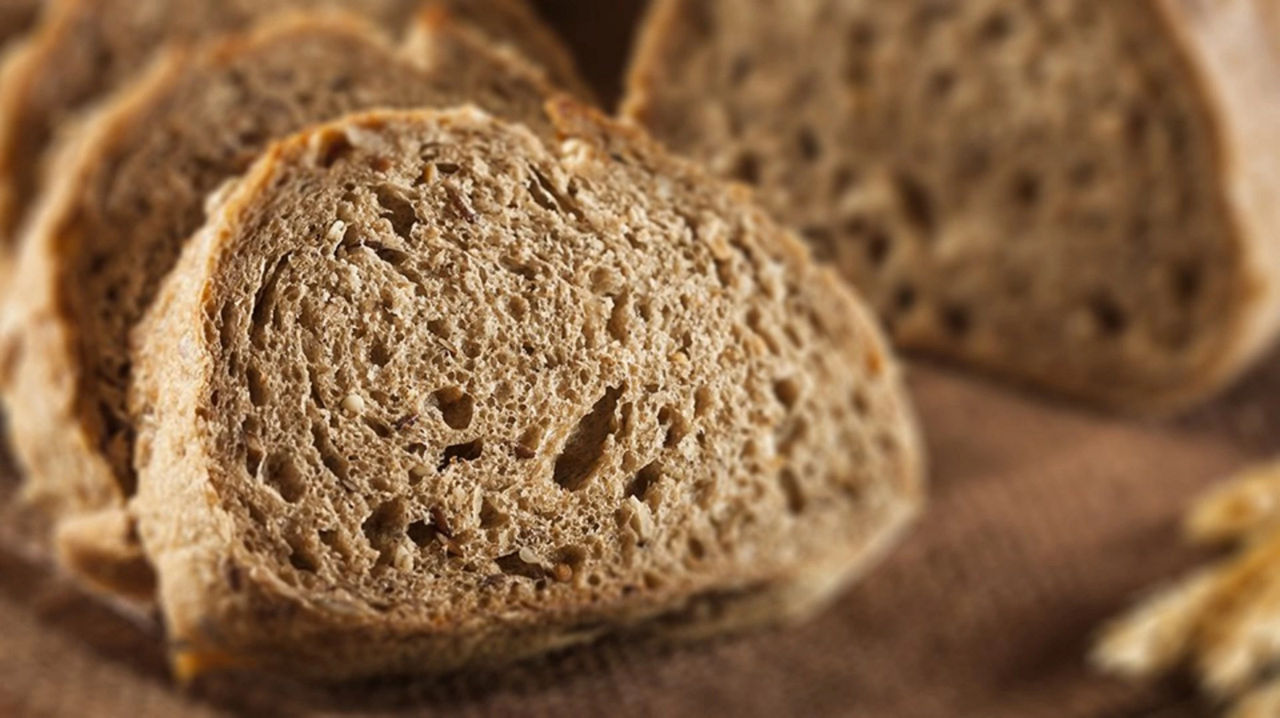You’re probably well aware of the 5 to 7-a-day guideline. This is based on the fact that fruit and vegetables help to lower the risk of serious health problems such as heart disease, stroke, diabetes and obesity.
Eating at least 5 to 7 portions of fruit and vegetables per day as part of a healthy pregnancy diet will provide many of the nutrients needed to support your own health and your baby’s development.
With regards to which fruits to eat during pregnancy, fresh, frozen, dried and tinned varieties all count, and the skin is often a good source of fibre. A glass of fruit juice counts as 1 of your 5 to 7-a-day, but due to the nature and quantity of the sugar it contains, can only be counted once towards your 5 to 7 a-day.
